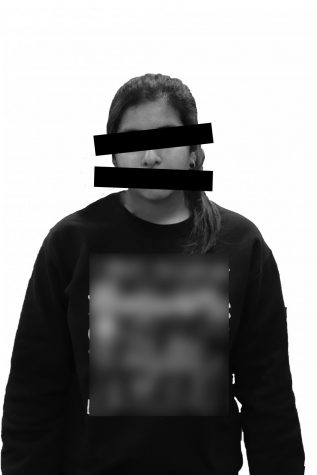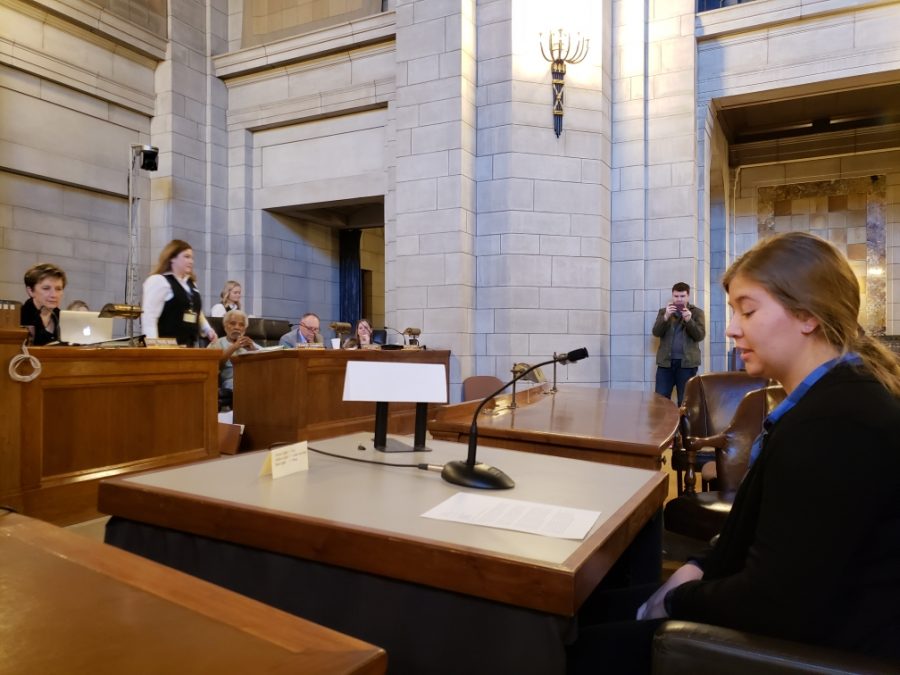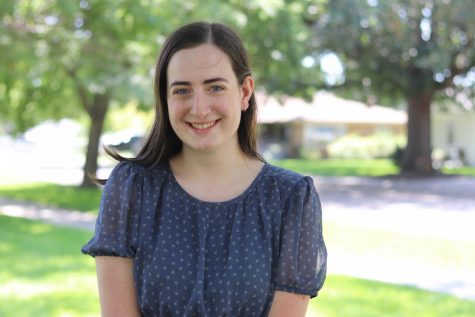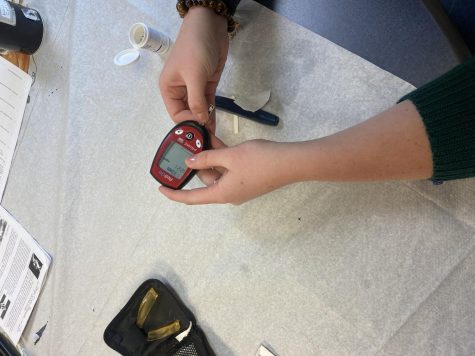Pass the bill, please!

Nebraska proposes a bill that would fully restore First Amendment rights to student journalists.
Censorship is prevalent in communist countries. It happens in North Korea, China, Cuba, and Nebraska High Schools. Yes. You read that right.
In 1988, the Supreme Court ruled that student journalists are subject to a lower level of First Amendment protections in a case known as Hazelwood School District v. Kuhlmeier. The court also determined that administrators have the right to exercise prior review of school-sponsored expression. Also, school officials are entitled to regulate a school paper’s content in any reasonable manner.
What this means for NPHS journalism is that each month we as a newspaper staff go over everything. We comb each story for reliability, factuality, as well as opinions that could be offensive to the school’s reputation. Then, about three days before our paper is released, our principal receives a copy of the newspaper to review and make changes as he wishes. Any school official can ask to see a copy of the paper as little as a day before we print. Now, in theory, administrators do not have unlimited control over the content of our publication, and all students retain significant First Amendment protections. However, any student journalist can tell you these protections rarely function in the way they are supposed to.
In previous years, NPHS has faced heavy censorship. As a result, we self-censor now. We remove or rewrite before a school official has the chance to. We self-censor because we are afraid of what might happen. We fear for our paper, my adviser fears for her job. So we’re not going to tell you about the time we wanted to print a story about racism at NPHS. We won’t tell you that we faced censorship over a story about teen vaping. We’re not even going to mention stories about teen-pregnancy, marijuana usage, and inclusive PE for special education students that were censored. This paragraph is us, self-censoring, and these are stories that no one ever got to read.

This isn’t even our first draft of this story. We hate that we have to sugar-coat the truth. Trying to soften our writing feels wrong. It feels untruthful. But the truth is that in 2016, “The Bulldogger” was given a directive to only print positive news, especially on the front page. In case you’re unfamiliar with the journalism code of ethics, journalists strive to seek the truth and report it, regardless of whether or not the truth shows something in a negative or positive light. NPHS knows how much power the Hazelwood decision gives school officials. Students across the state are experiencing censorship first-hand, and their advisers are defenseless in fear for their jobs.
The good news is that Nebraskans have an opportunity to stop First Amendment censorship. In February, Gracia Lantis testified in front of the Legislative Judiciary Committee in support of LB206. This legislative bill will restore freedom of speech rights for student journalists as well as protect student media advisers. Under this bill, school authorities may not punish students as long as they do not publish anything libelous or slanderous. Also, anything that constitutes an unwarranted invasion of privacy, violates laws, departs from prevailing journalistic standards is prohibited. Stories that encourage students to break laws, or disrupt school are also not allowed. Advisers cannot be dismissed, disciplined, or transferred for trying to protect a student who followed the above.
We need good journalists now more than ever.
In an age of fake news, we need good journalists now more than ever. Raising journalists to only tell one side of a story is propaganda and works against our cause. We as Americans would never tolerate censorship of adult journalists, so why do we allow students to face that oppression? This bill is significant to students and the future of journalism.
State senators will be voting on LB206 in January 2020. We urge you to call Senator Mike Groene. Let him know how important this bill is. Let him know that you support this bill, and he should support it too.

I'm a senior, breakfast food enthusiast, and journalism lover. This is my third year on the Bulldogger staff. Fun fact, I am the youngest person in the...

Hi, I’m Sophia Walsh. I’m the Editor-In-Chief for The Bulldogger and I have been a part of the newspaper staff for four years. In the span of my newspaper...



